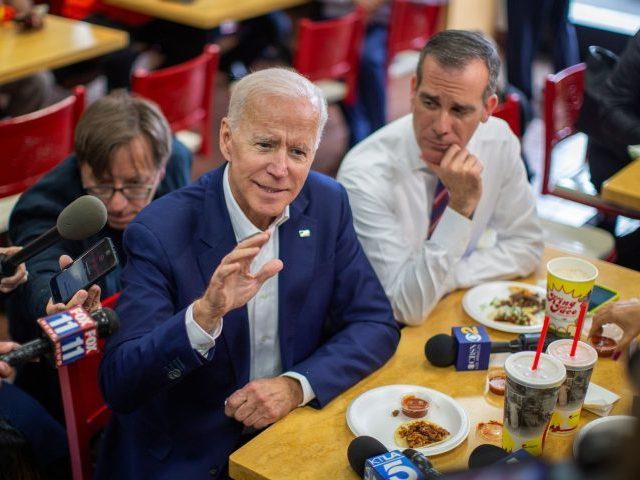The notion that inflation had peaked in March was popular this spring. Not any more.
Economists think inflation heated up in June, hitting the highest level of the pandemic era. The consensus view is that the Consumer Price Index, scheduled to be released Wednesday, will show prices up 8.8 percent, the most since 1981.
Compared with May, the index is seen as rising 1.1 percent. The index has risen one percent in two of the last three months.
This represents an acceleration of inflation from the 8.6 percent year-over-year figure reported for May. Until recently, many economists had expected inflation’s year-over-year figures would slow down because prices were already up by so much last year. A year ago, prices rose one percent in June after rising 0.6 percent in May and were up 5.6 percent over the previous 12 months.
Core inflation, which excludes fuel and food prices, is seen as rising 5.8 percent, a moderation after the six percent year-over-year rise in May. The monthly gain in core inflation is seen as coming in at 0.6 percent, matching the previous monthly gain.
Energy prices are seen as jumping by more than seven percent thanks to a surge in oil and gasoline prices in June. Grocery prices continued to rise in June, although perhaps at a slower pace than the 1.4 percent monthly gain seen in May. Food prices were up 11.9 percent in May compared with 12 months earlier.
Outside of energy and food, core goods likely rose 0.5 percent, according to analysts at Bank of America. They see core services also rising by that amount.
The Fed has signaled that it plans to raise its interest rate target by 75 basis points at its July meeting that starts in two weeks. It would likely take a very weak inflation report to move the Fed off that number.

COMMENTS
Please let us know if you're having issues with commenting.